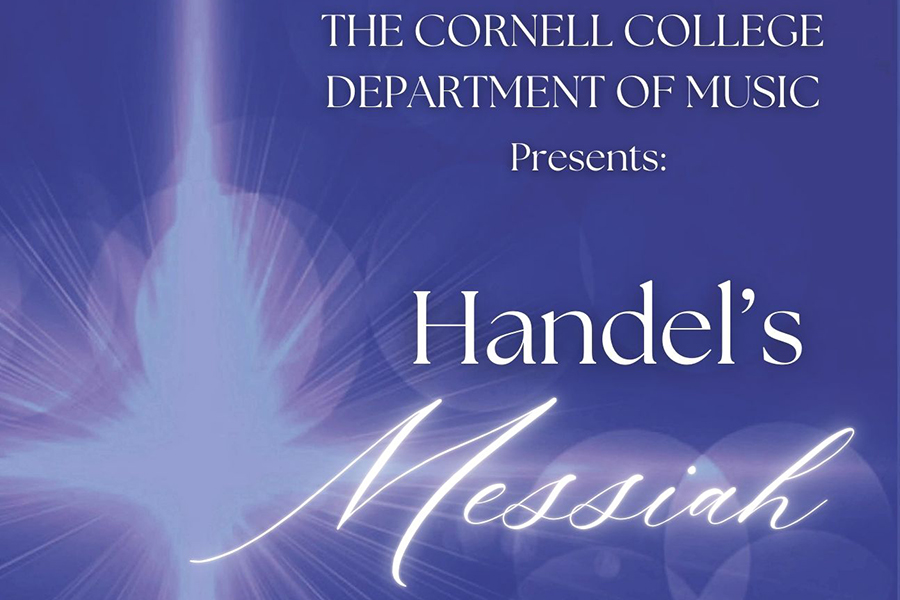Cornell considering 8-term year
UPDATE March 9:
Cornell moving toward implementation of 8-term year
Cornell faculty voted on March 8 to approve an eight-term calendar beginning in the fall of 2012. In support of this decision, faculty are working to revise the bachelor of arts requirements and determining how to structure a summer session beginning in 2013. In addition, the college is planning for facilities upgrades to support an eight-term year.
The original story continues below:
The Cornell College faculty have voted overwhelmingly to endorse the idea of moving from nine terms to eight terms a year. Adoption of the 2012-13 academic calendar on an eight-term format later this semester would finalize the decision.
The move would have several advantages: Making the college more efficient, allowing higher enrollment by offering more classes each term, reducing the length of the academic year, giving faculty and students more time to work on summer research projects, and giving students better chances to find summer jobs and internships. An eight block year also fosters more collaboration with other institutions and student programs because the academic year will be more in sync with other colleges and universities.
Right now, Cornell’s classes start in early September and end during the last week of May or the first week of June. In 1978, when Cornell started using the One Course At A Time schedule, it was modeled after the schedule at Colorado College, which reduced its calendar and moved to eight blocks in1988. In the One Course At A Time schedule, students study one subject for three and a half weeks, have a four-day break, then start a new class.
The proposed change to the calendar dovetails with the college’s plan to explore increasing enrollment to 1,300 or more students. Eliminating one block would mean six to eight more courses offered during each of the other eight blocks, which would allow for more depth and breadth in course offerings, according to Joe Dieker, dean of the college. Courses with enrollments below the cap of 25 can provide room for additional students without diminishing the experience of small, personal classroom experience. The move would also allow for greater enrollment growth without having to add as many new faculty members and without increasing the teaching load.
In conjunction with the new eight-block schedule, the college will offer summer courses. The administration is examining the best way to offer summer classes to students, including off-campus courses, summer internships for credit, summer research projects for credit, Cornell courses online, and partnering with other colleges to provide online courses. Faculty will also be reviewing general education requirements so that students can better complete their all-college degree requirements in an eight-block year.
Summer courses will have the same high academic standards as those currently taught on campus, Dieker said.
If the college decides to move to an eight-term year, the change would begin in 2012-2013 school year, and summer classes would begin in 2013. By then, the college plans to have opened the McLennan Center in Chicago, an off-campus center that will host classes each block in a wide variety of disciplines, funded by a $1 million gift from Bob McLennan ’65 and Becky Martin McLennan ’64. This important educational investment was part of Cornell’s recently completed, record-setting $105.8 million campaign, which also provided funding for Dimensions: The Center for the Science and Culture of Healthcare, the Berry Center for Business, Economics and Public Policy, and the Cornell Fellows program.
“Like many of the college’s recent academic initiatives,” said President Jim Brown, “we believe the move to an eight-term calendar will enhance students’ Cornell experience and our efforts to offer extraordinary opportunities in the classroom, on campus, and around the world.”



